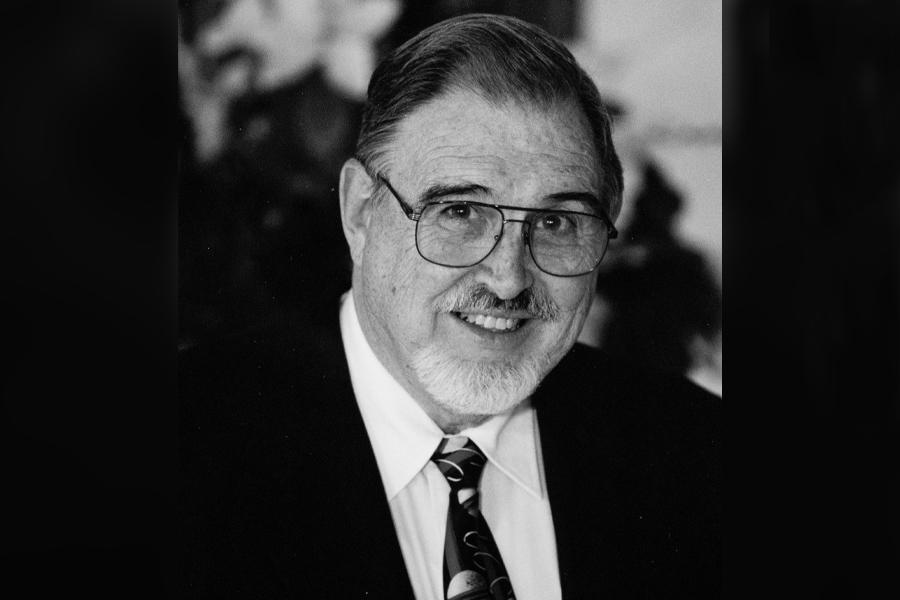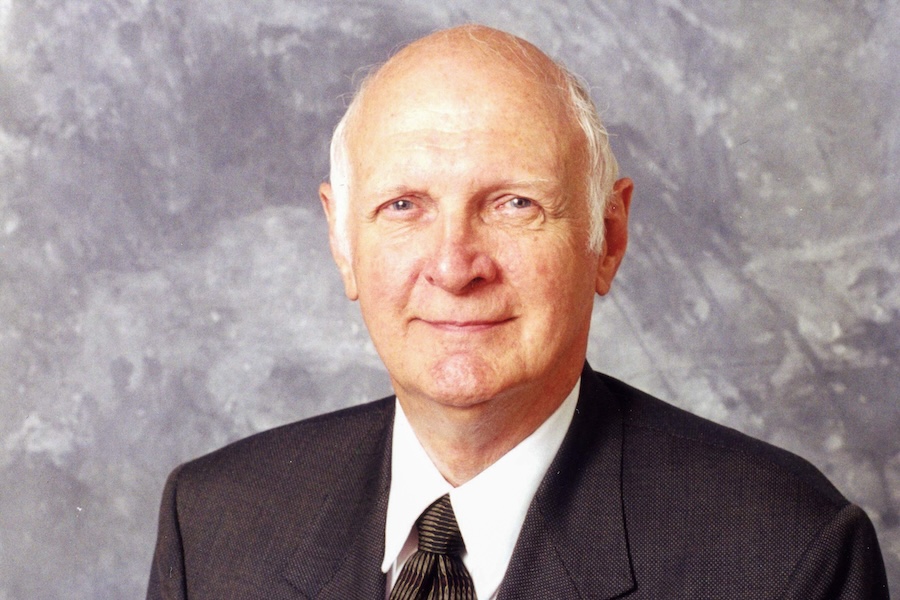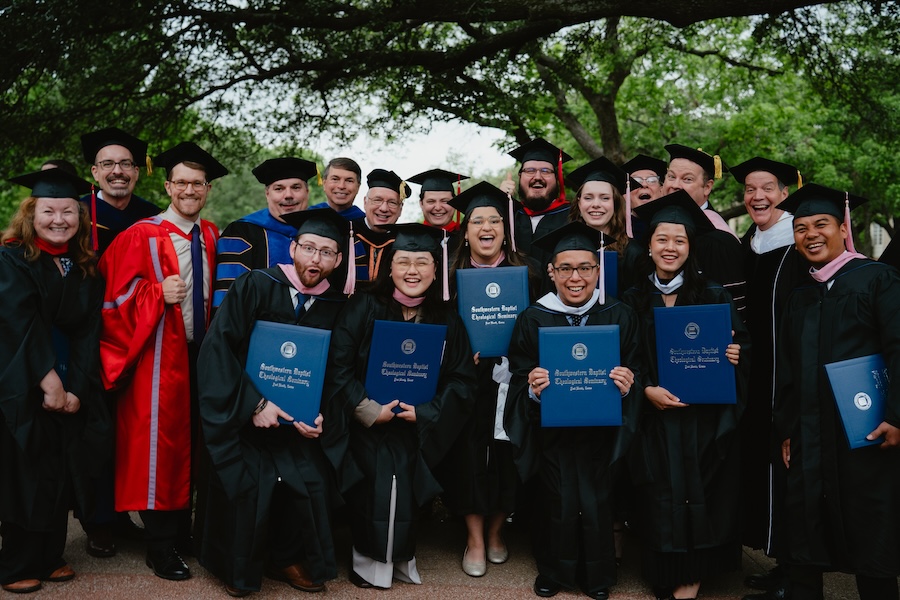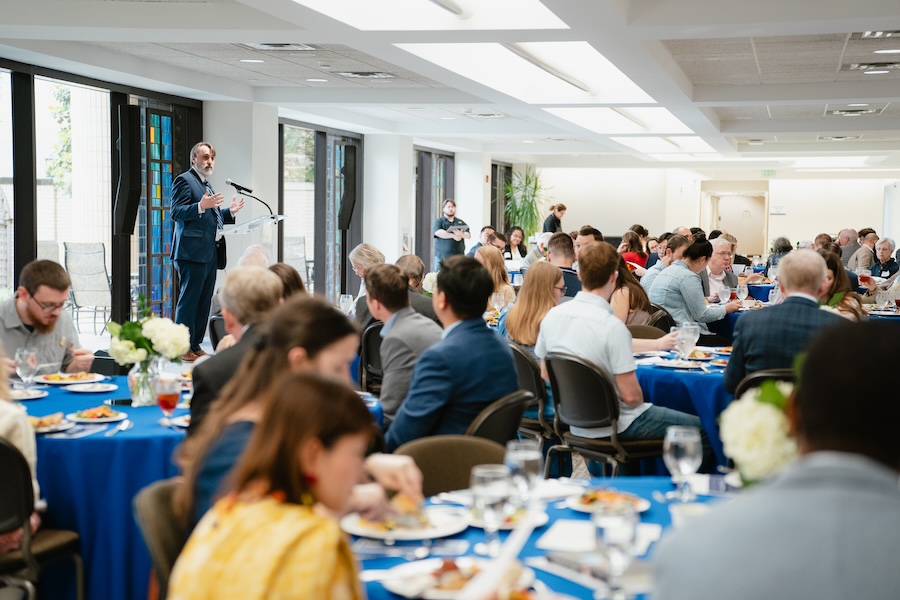Southwestern professors, students present at Christian education academic conference
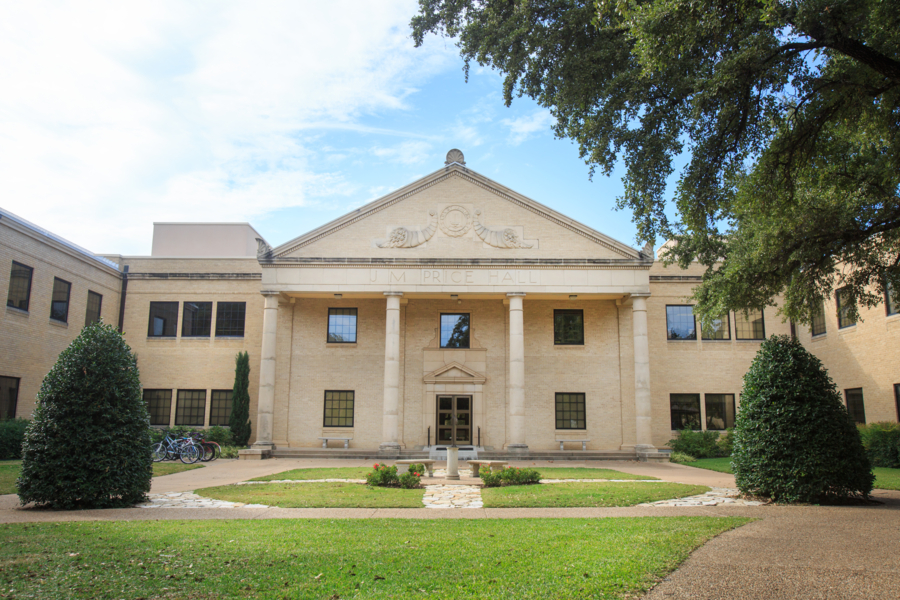
Guided by the theme “The Academy and the Church: United in Mission,” Southwestern Baptist Theological Seminary professors and doctoral students from the Jack D. Terry School of Educational Ministries presented academic research during the Society of Professors in Christian Education (SPCE) Conference Oct. 20-22 in San Diego, California.
Terri H. Stovall, dean of women and professor of women’s ministries, Amy L. Crider, associate professor of foundations of education, and Kylah Clark-Goff, a 2001 Master of Divinity with biblical languages graduate of Southwestern and dean of education at Howard Payne University, are part of a cohort of professors from the United States, Dubai, and Africa who have been collaborating on research in pedagogy.
At the conference, they were a part of a professional development breakout session to present their research. Their presentation was titled, “Equipping the Church’s Teachers: Ways the Academy Can Impact Discipleship in the Church,”and the professors discussed the “various ways higher education institutions and seminaries could connect more with local churches,” explained Crider.
The information the professors presented “seemed to resonate with the other attendees wrestling with the same issue. Connecting Christian higher education and seminaries to the church is a concern for many institutions. The academy needs to find meaningful ways to reconnect with the local church,” said Crider.
“The conference confirmed what our research was showing,” Stovall said, noting “that Christian Higher Education must become innovative in how they teach to remain effective for the future.”
Chris Shirley, dean of the Terry School, professor of educational ministries, and the Jack D. and Barbara Terry Chair of Religious Education, explained that conference speaker, Kevin Lawson, senior affiliate professor of educational studies at Talbot School of Theology, “affirmed” what he knew to be true, that “theological education is going through a seismic shift” and “we must adapt to the changes or be left behind. We will need to connect even closer with our convention churches in order to meet their expectations. Additionally, we are going to widen our delivery options and recreate our degree plans to meet the needs of students and our churches,” noted Shirley.
Shirley serves on the SPCE board and as the vice president for conference development, which included overseeing the process of developing the conference program including the theme, breakout sessions, and speakers. He and the SPCE board started planning the conference in 2021 and it took the whole year to iron out the details.
“I worked intermittently throughout the year developing the theme, recruiting speakers, designing a program and schedule. At the conference itself I was stage managing the events to make sure everything was carried out properly,” he said.
Sungwan Kim, a Doctor of Philosophy student in the Terry School of Educational Ministries who will graduate in December, presented for the third year at the SPCE conference. Kim’s paper, “Biblical and Pedagogical Instructions on Suffering in the Writings of Cyprian, the Bishop of Carthage,” is part of his dissertation and explains how the early church father viewed and taught the problem of suffering from theological, cosmological, anthropological, teleological, and eschatological perspectives. Cyprian taught on various biblical ideas concerning human suffering,” he said.
Personal suffering from his own life as well as pastoral influence inspired Kim to choose this research topic, explaining he “frequently” asked God, “‘Why did these tragic events happen to me?’ So, I chose this topic for personal reasons and was able to see the loving Triune God in the midst of my suffering through my research.”
Jonathan Williams, adjunct professor in the Terry School, presented a paper titled, “Who Will Lead When We Lie in the Dust: The Founding Purpose of Harvard College and its Relationship with the Local Church” which focused on “the relationship between the Academy and the church as we apply it to seminary today.
“We are hoping to rediscover the call for seminaries to train leaders for the local church and for the local church to depend on the seminary for much of that training,” said Williams. He became interested in this topic when he was working on his Ph.D. dissertation. He wrote about Richard Baxter and the Puritans and would often discover more information about the New England Puritans.
“I revisited that research recently and was fascinated by their original purpose for founding Harvard College. The ministers at that time, many of whom had gone to Cambridge for their theological training, were convinced that they needed to start a college that would train the next season of church leaders in theology. Harvard College was meant to be a place where church leaders would be trained,” Williams added, a mission from which the institution long ago drifted.
The next SPCE conference is scheduled for Oct. 26-28, 2023, in Chicago.
